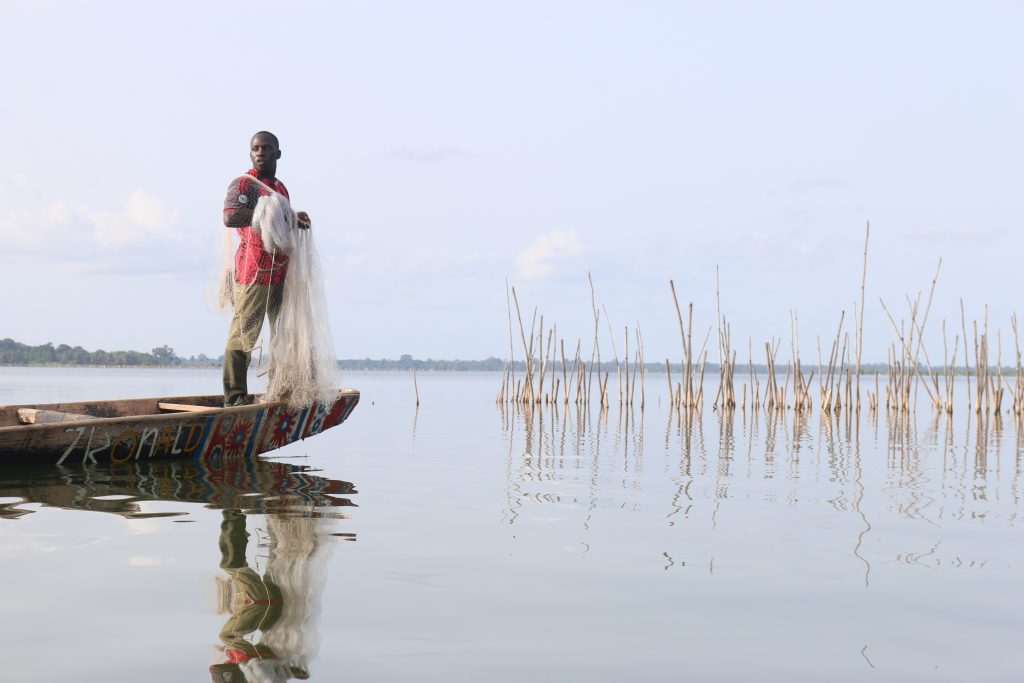In mangrove areas, Eclosio:
– Stimulates the exchange of experiences, knowledge and good practices of community management of mangrove ecosystems. Through the creation of multi-actor exchange platforms that bring together NGOs, universities and local and international associations. They share their knowledge and disseminate it to their partners and communities in the form of “toolboxes”. This approach favors the emergence of innovative approaches and the improvement of practices in the sustainable management of natural resources.
– Allows the scaling up of proven practices. The various actors are made aware of and trained in the use of these “toolboxes”. They directly identify the problems related to mangrove ecosystems and are accompanied (methodologically and financially) for the sustainable management of these ecosystems.
Some partner multi-actor platforms:
Collectif 5D, Collectif des acteurs du Golfe du Bénin, Réseau Mihary, IUCN, PRCM…

The mangrove is an area located between land and sea, whose vegetation develops in brackish water, a mixture of sea water and fresh water from the river delta. It is one of the richest ecosystems in the world. Many species of birds, monkeys, fish, crabs, shellfish, … find refuge, feed and reproduce there. Mangrove areas store 2 to 4 times more CO2 than tropical forests. If mangroves have a capital importance at the ecological level, their safeguard is also essential for the populations which depend on its resources (fishing, firewood, traditional pharmacopoeia,…) to provide for their needs. Unfortunately, this ecosystem is threatened by various factors: land conversion for aquaculture and agriculture, urban development of the coasts, pollution, overexploitation (abusive cutting for firewood and construction, abusive harvesting of oysters and other shellfish,…) and climate change. As a result, mangroves are disappearing at an alarming rate, a quarter of their total area has disappeared since the 1970s, and they are finding it increasingly difficult to regenerate. It is therefore essential to promote and protect this ecosystem.
To view all our projects, partners, news and publications related to Mangroves, please visit the french page.